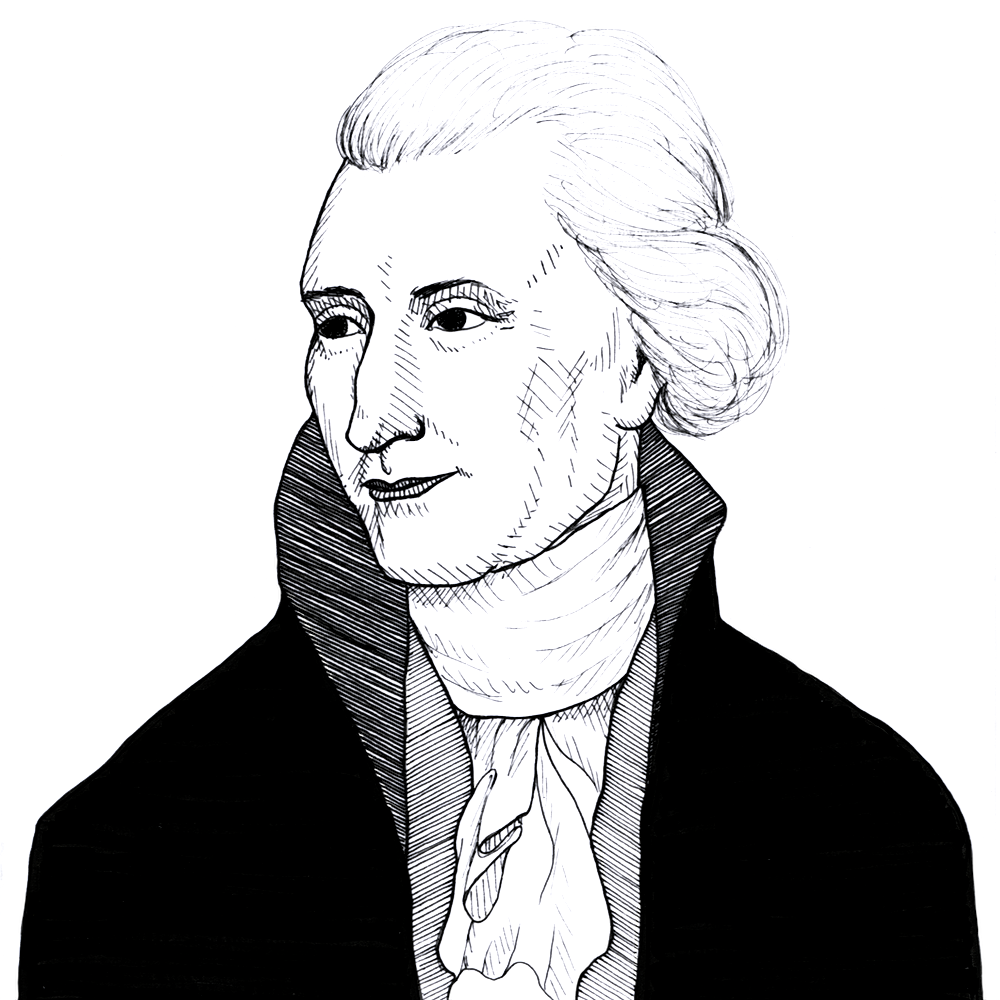
Destutt de Tracy on the mutually beneficial nature of exchange (1817)
Found in: A Treatise On Political Economy
In his Treatise on Political Economy (1817) which was so admired by Thomas Jefferson, the French revolutionary politician and republican Destutt de Tracy (1754-1836) argues that both parties to a voluntary exchange benefit (i..e profit) from the same transaction:
Economics
(A)n exchange is a transaction in which the two contracting parties both gain. Whenever I make an exchange freely, and without constraint, it is because I desire the thing I receive more than that I give; and, on the contrary, he with whom I bargain desires what I offer more than that which he renders me. When I give my labour for wages it is because I esteem the wages more than what I should have been able to produce by labouring for myself; and he who pays me prizes more the services I render him than what he gives me in return.